This article is an opinion piece and does not reflect the views of the Daily Dot.
Last week, one of esports‘ most successful and long-standing journalists parted ways with the publication he had done much to elevate. The OnGamers content producer had become mired in one controversy too many. And thanks largely to the pressure exerted by the community, which felt he hadn’t paid the necessary price for past transgressions, he found himself unemployed. Those who campaigned celebrated a great victory. Those who hold similar positions in the industry were left with awkward, unspoken questions: What does this say about our industry as a whole? And who might be next?
With Gamer Gate making personal relationships in the games industry a subject of intense scrutiny, let’s begin this piece with a full disclosure: Shields and I are colleagues and have known each other for many years. It is often incorrectly stated that we are firm friends. In truth, we limit our conversations to maybe a handful annually.
And all our initial interactions were hostile.
I used to routinely denigrate his work. And he did the same to mine, albeit to a lesser extent. We exchanged personal barbs—and again mine went much further than his. That was my modus operandi when it came to such esports skirmishes back then: deploy the nuclear missiles as early as possible, delivering a crushing salvo that prevents significant retaliation. I could afford to do this at the time because I was generally much further down the food chain than my targets. Their defense would generate more criticism than my attacks. Far from being proud of this, I look back with a general sense of shame and regret. Not because what I said was wrong or incorrect, but because I engaged in the same sort of behaviour that I now roundly condemn.
Eventually, Shields and I did what all mature adults should do. We discussed our differences, explained why we did what we did to each other, and apologized. Even with our different approaches, backgrounds and—most importantly, in the context of this piece—opinions, we managed to find a mutual respect for our work. This is the extent of any relationship we have. And it doesn’t affect our work. Last year, shortly after Shields said some disparaging things about Poland in the run-up to IEM Katowice, I was the one who reported that ESL had removed him from its broadcast. To this day, as his friend, I regret this—even if I have to begrudgingly accept that it was in the public interest and worth reporting.
I sat back and watched as the piece I wrote—little more than an overheard conversation in a bar from the crew, later confirmed by ESL higher-ups—helped characterize someone I respect as xenophobic, even racist. Taken from the show and laid out in black and white, freed from the chains of context, the quotes seemed far more brutal. I thought his statements flitted between flippant and informed, with some seemingly valid while others bordered on ignorant. It was the timing, however, that was crucial in making the comments so problematic. The event in Katowice was just too soon. And it was understandable that ESL removed him from the talent pool.
While I understood ESL’s standpoint, I didn’t understand the extreme reactions from the community in the aftermath. Shields made an error of judgement and a punitive measure was taken. That should have been the end of it. Instead, I learned that Shields was told that if he went to the venue his “safety could not be guaranteed.” He showed me the sheer volume of threats he had been sent from angry fans—threats of violence, murder and even rape if he showed up at the event. He spent most of that weekend in his hotel, presumably fairly miserable. Again, the consensus seemed to be that he deserved this for expressing unpleasant opinions.
The event would go on to become something of a millstone hung round his neck. Every time he issued another opinion in a way someone didn’t like, people would revert back to the Polish incident. Not only had he said this thing that they didn’t like, but it was important that everyone remember that other thing he had said, which proved he was both unprofessional and a rotten human being to boot.
While I think the incident would always have been newsworthy whether I was the one reporting it or not, I’m also certain that if someone else had made these comments it would have blown over fairly quickly. That would never happen with Shields, however. He has a well-established reputation for being a dissenting voice, an esports iconoclast. This made him a viable community target. People who’d been outraged by previous things he’d said wanted to ensure that there were consequences. In order for that to happen this incident had to be portrayed as something far worse than it actually was.
And it was. Repeatedly.
There is an unwritten rule in the esports business (though it happens to be rule number one for anyone in the public eye): If you’re going to express opinions make sure it’s shared by the majority. The second rule is that, if you must express a contradictory opinion, then do so in as insipid a fashion as possible. People who fly in the face of these rules will find some support. They’ll be thanked for “keeping it real” or being “based.” But their supporters are often nowhere to be found when the angry mob eventually comes, baying for some sort of sacrifice because someone said something they don’t approve of.
Some need no real prompting to mobilize. A large portion of the League of Legends community seems to be uniquely thin-skinned when it comes to the criticism of the players they idolize. They seem to believe that the person making the critique should frame it in a way that spares the players feelings. Journalists and pundits should be especially careful, as their opinions carry more weight and can effectively do more damage. In general, they assert, it would be better if these people avoided any form of commentary or speculation regarding players. They should stick to discussing facts asserted by the players themselves.
When journalists express their opinions, they’re often said to lack “professionalism,” another word misused by moral crusaders morally crusading. It’s not some catch-all term dictating that journalists should be overtly saccharine and disingenuous when responding to verbal harassment or expressing an opinion. The dictionary defines it as “the competence or skill expected of a professional.” That clearly doesn’t include pandering to the public when endless criticism is flung at you. Someone who turns up on time, achieves their targets, meets the required standard of their work and perhaps even goes above and beyond all these things is the embodiment of professionalism. Electing to call someone an asshole outside of this setting doesn’t invalidate this.
Months later, Shields compared TSM owner Andy “Reginald” Dinh’s personality to that of the main character in the sci-fi movie Planet of Apes, Caesar, a chimp gifted with super-human intelligence. According to Shields, the purpose of the comparison was to point out Dinh’s leadership capabilities. But his critics took the statement as absolute proof that he was a racist.
“He said that a non-Caucasian person looks like an ape” the comments generally concluded. “That is textbook racism.” Again, divorced from context, the narrative became that Shields was a racist. He had been tried and convicted by the court of public opinion, with the prosecutors using supporting “evidence” from the Katowice incident. These two incidents undoubtedly put him on borrowed time in his role with OnGamers and ensured that anything else that even came close to being controversial would be met with a similarly heated response.
The real question is “why?” First you need to understand the mechanics of defamation and the reprisals they lead to. In this case, Shields was a target because of his opinions about players and teams, which he unapologetically expressed free from diplomacy or tact. The fan bases from each of his targets were obviously offended, perhaps even appalled. They postured that they cared about issues such as racism and xenophobia, yet their ultimate goal was not to address these matters, but rather to simply punish someone who’d criticized teams and players they hold dear. The dialogue was being controlled by people with low-rent, selfish goals, simply because they were the most vocal.
This phenomenon is described by Sam Harris, the award-winning author of The End of Faith and The Moral Landscape, who is also the CEO of Project Reason, a nonprofit foundation devoted to spreading scientific knowledge and secular values in society. He explains:
It is impossible to effectively defend oneself against unethical critics. If nothing else, the law of entropy is on their side, because it will always be easier to make a mess than to clean it up. It is, for instance, easier to call a person a ‘racist,’ a ‘bigot,’ a ‘misogynist,’ etc. than it is for one’s target to prove that he isn’t any of these things. In fact, the very act of defending himself against such accusations quickly becomes debasing. Whether or not the original charges can be made to stick, the victim immediately seems thin-skinned and overly concerned about his reputation. And, rebutted or not, the original charges will be repeated in blogs and comment threads, and many readers will assume that where there’s smoke, there must be fire.”
There are plenty of people who deserve to be driven out of the esports industry. There are serial liars and thieves, people who have violated duties of care to their players and crossed ethical boundaries. There are companies that pretend to care about the esports community in a bid to tap into its lucrative marketing demographic—and at the same time engage in practices that are detrimental to the community. I’m at a loss to think of the last time I saw one of these social media lynchings target someone along those lines. To get angry about these things requires a degree of critical thinking, an understanding of a bigger picture. It is far easier to get upset over the emotive and personally charged domain of opinions.
Instead removing these negative elements however, the esports community has a penchant for cutting off its nose to spite its face. Shields is one of the leading content creators for League of Legends; his work stands alone in terms of depth and scope. His articles and interviews will be timeless assets when it comes to preserving the history of the game. His show, Summoning Insight, was the perfect antidote to the bland and Riot-approved/controlled content that had previously been the only option for fans.
This isn’t just an esports problem. In Glass Jaw: A Manifesto for Defending Fragile Reputations in an Age of Instant Scandal, Eric Dezenhall lays out numerous examples of the same thing in sports, politics and business.
“What’s different now is this combination of velocity, volume, and venom,” Dezenhall, CEO of crisis management firm Dezenhall Resources, explained in a recent interview with Mother Jones. “Things go faster, there’s more noise, and the nature of social media traffics almost exclusively in negativity. Social media is dispersive and what I do is containment driven. It’s much easier to spread a controversy than put one out. Right as they begin, people take to the airwaves and say, ‘Well, so-and-so should resign.’”
This is only more apparent in an industry like esports, which is almost entirely dependent on the Internet for its existence.
The Internet is the one area where fans truly feel empowered, a place where their opinion matters. If your grievances can find a prominent enough place at the top of Reddit, or a Twitter hashtag, then you’ll have to be taken seriously. But companies that seek to appease the mob are doing it for almost entirely cynical reasons. Quelling negative PR is about revenue. Companies fear boycotts, losing market share to rival brands, or surrendering advertising revenue. They ultimately do not care what you think, nor do their values align with yours.
That’s the reality behind the responses these social media campaigns generate. You’re rewarding companies that feed you a line of corporate jargon designed to serve their own interests even as you punish people expressing their right to express unvarnished opinions. In doing so, you lose out on the potential to have an industry free from the nonsensical trappings of politics and other failing institutions, where popularity and likeability are somehow inexplicably and inextricably linked to competence. You elect to not allow the evolution of ideas, or freedom of expression, on the basis that it might well be unpalatable. You endorse driving people out of the industry rather than encouraging a true diversity within it. All of which might be satisfyingly dramatic in the short term. But in the long term, it will surely contribute to the detriment of the industry as a whole.
People will often say that esports communities should have a different threshold of tolerance because we “don’t need to be like the mainstream” and can have our own values. It’s laughable, then, that the people saying this would lead the charge to take away someone’s job. When making that argument next time, perhaps they can look a little closer to home.




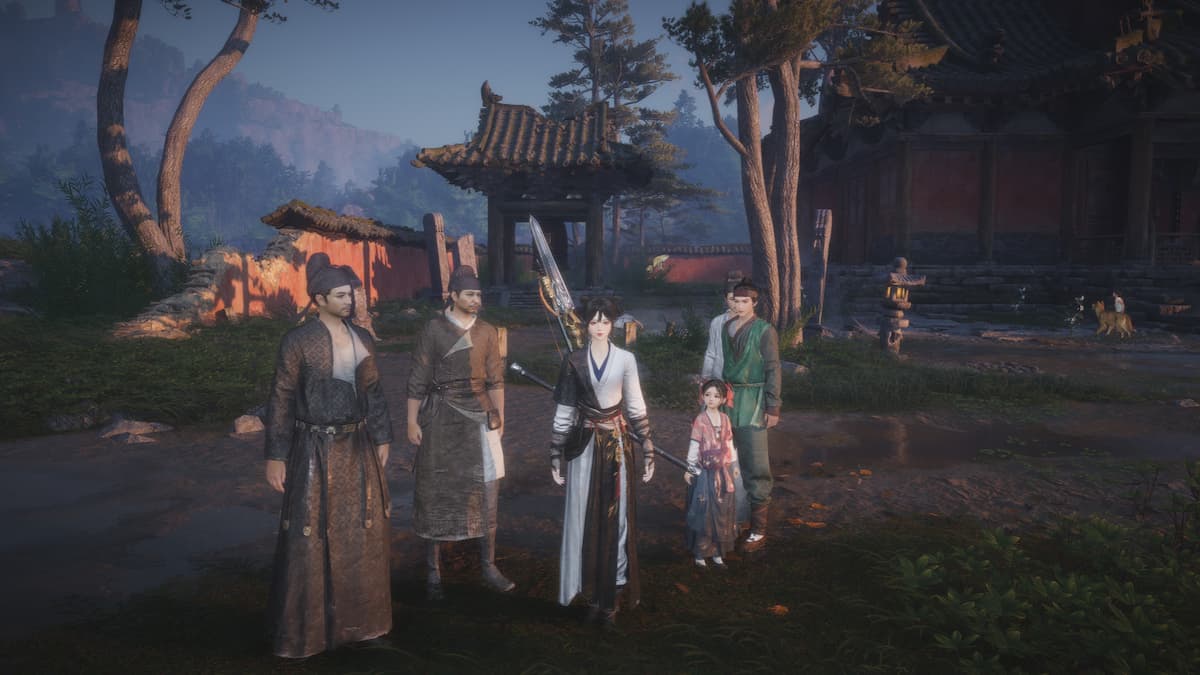

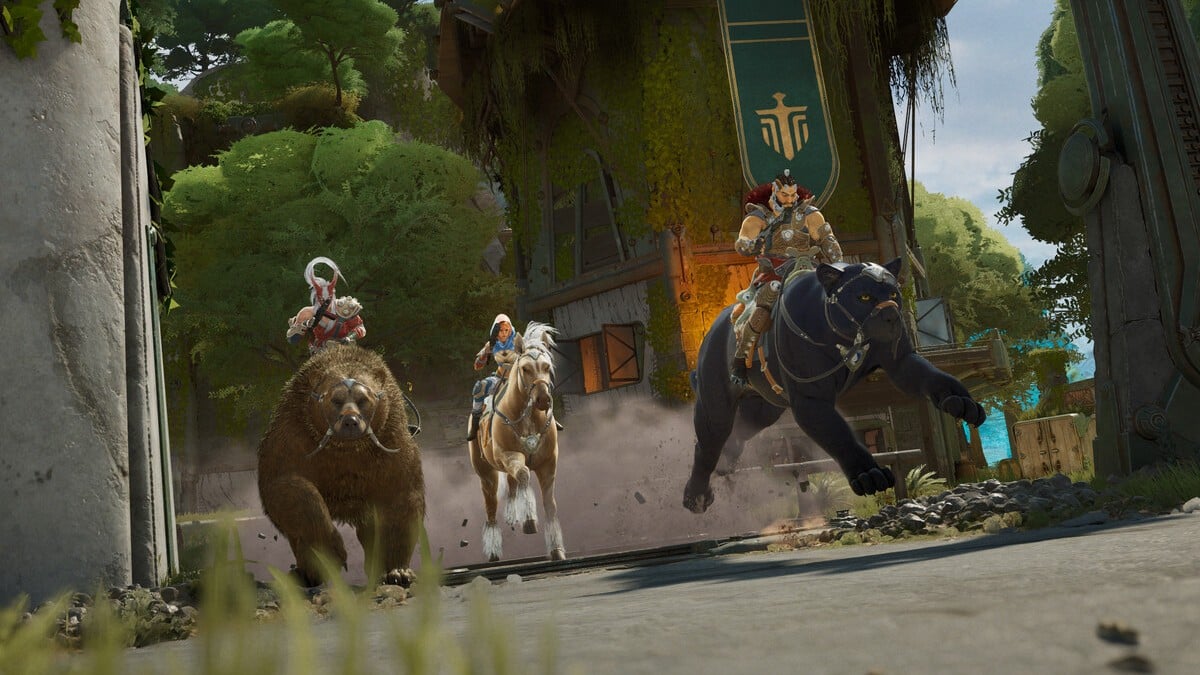
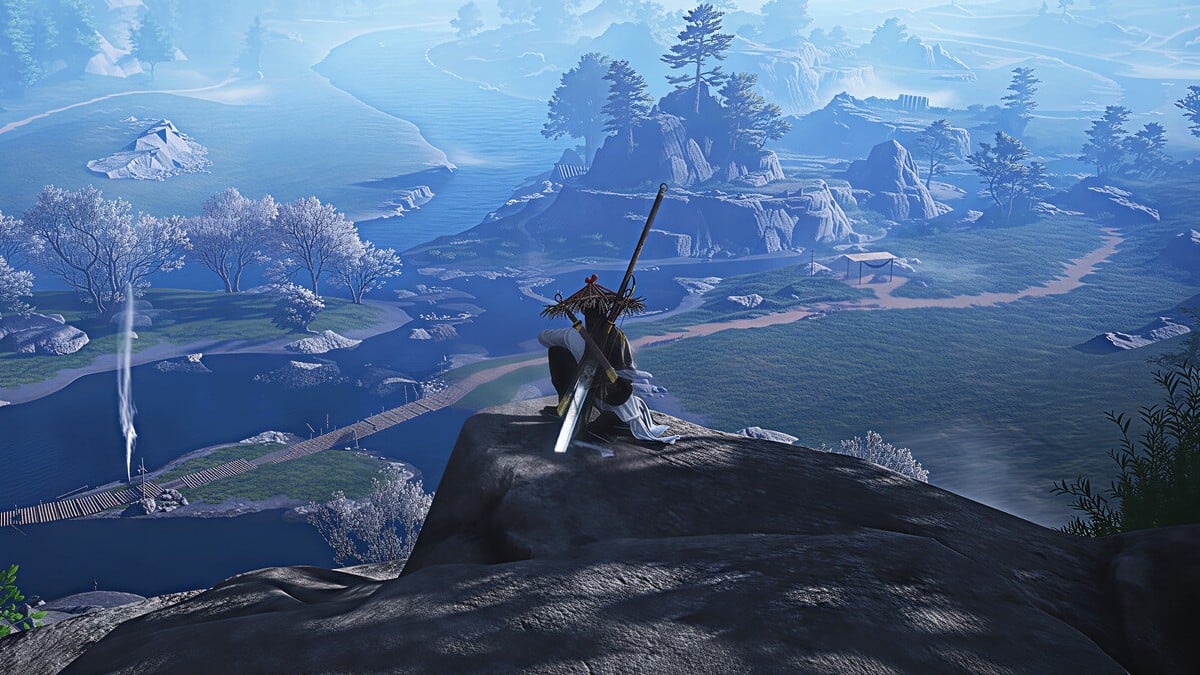
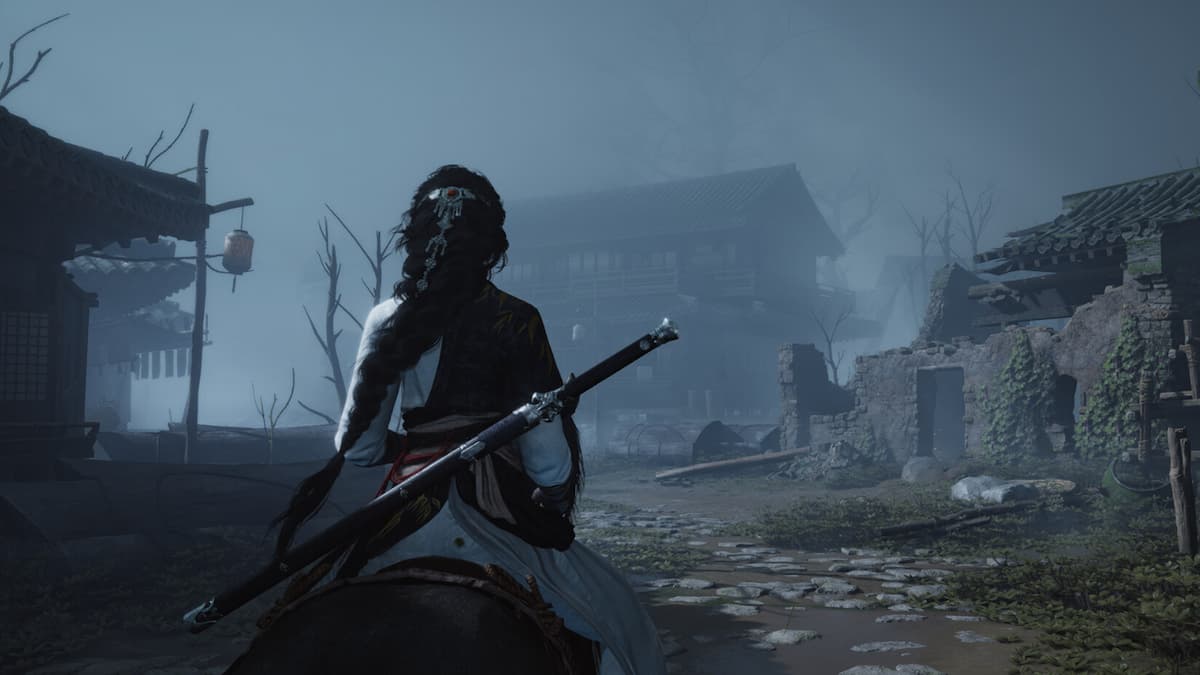


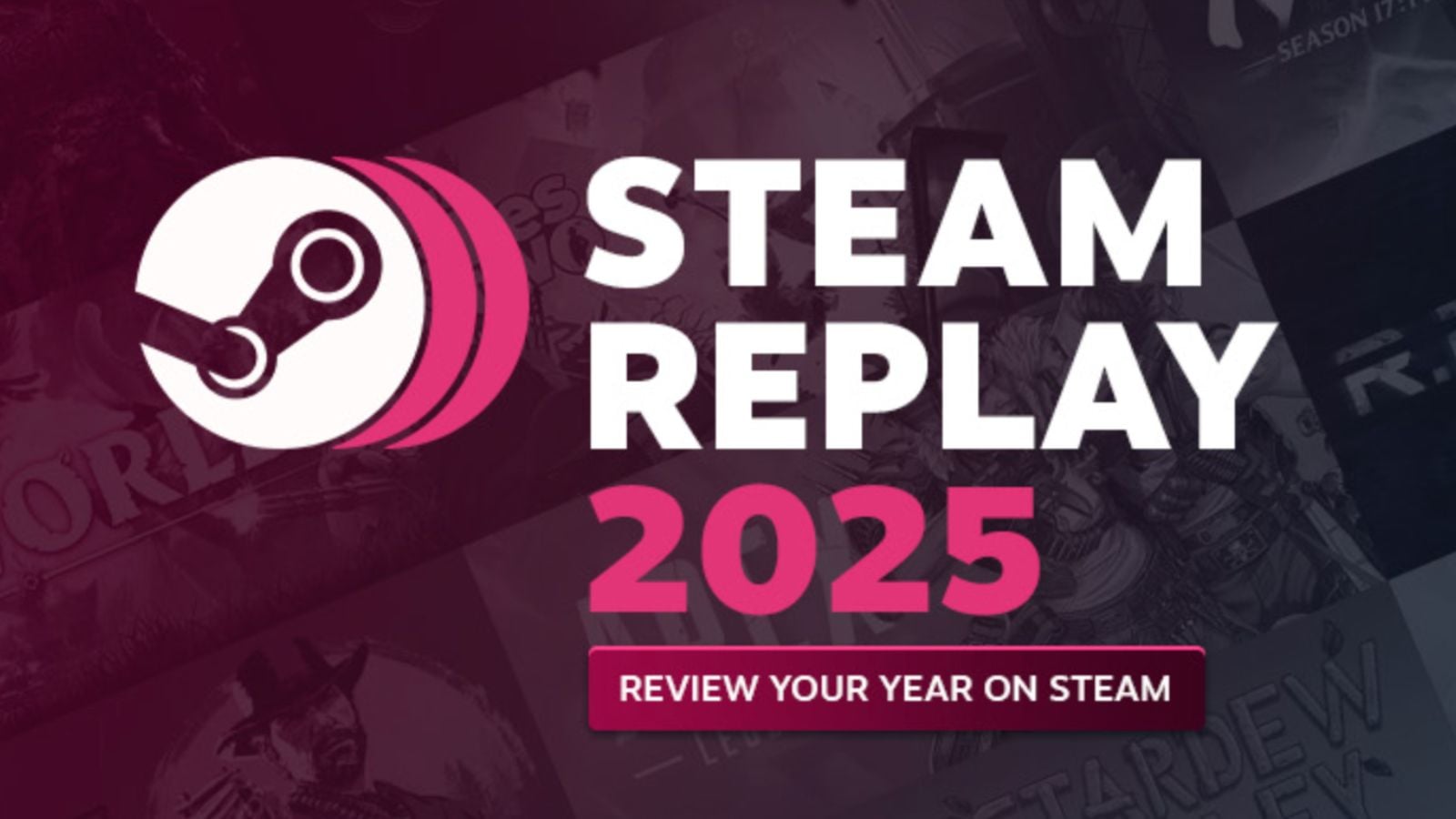
Published: Oct 14, 2014 07:28 am